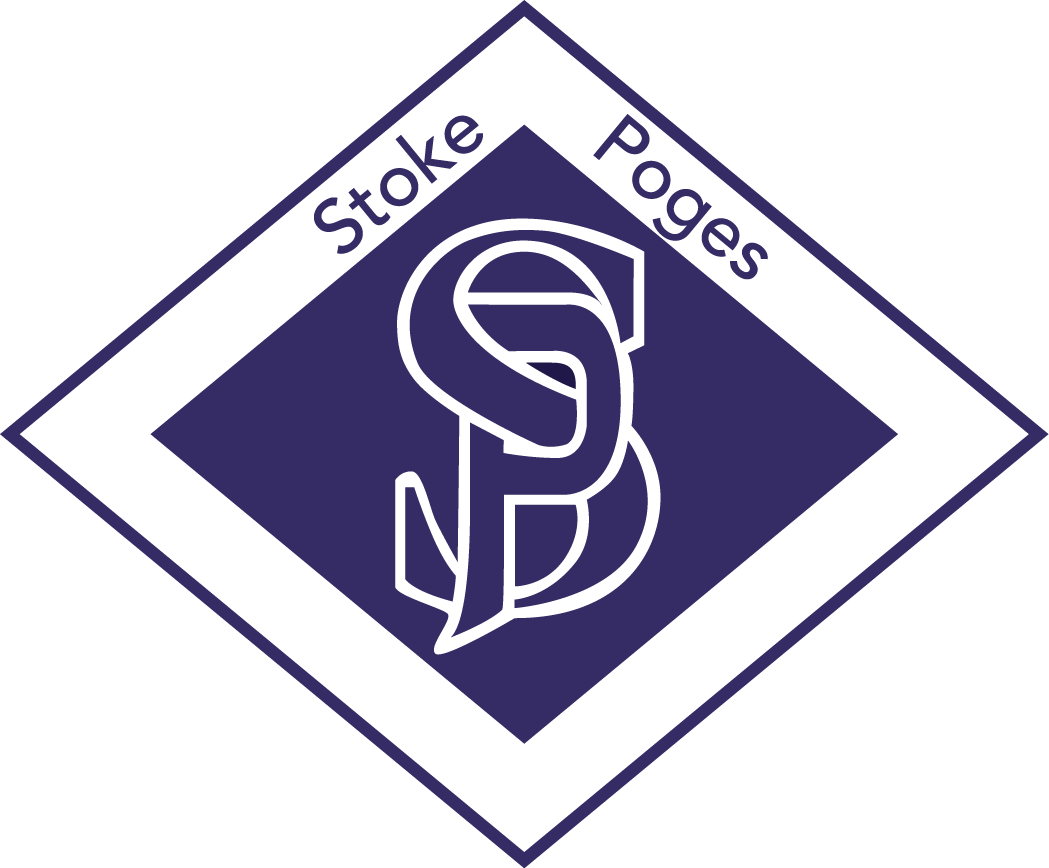We are Digital Explorers
The Primary National Curriculum for computing is split into three strands: Information Technology, Digital Literacy and Computer Science.
- Information technology looks at the use of computers for functional purposes, such as collecting and presenting information, or using search technology.
- Digital literacy explores the safe and responsible use of technology, including recognising its advantages for collaboration and communication
- Computer Science focuses on understanding how computers and networks work. It gives all children the opportunity to learn basic computer programmes from simple floor robots through to creating games using Scratch, physical computing using Lego Prime and Micro:bit
What are we aiming for?
Computing at The Stoke Poges School provides children with the vital computing skills they will need for the digital world. It helps them to value and understand the importance of technology and how it is used, gives them the skills to research and communicate ideas, and teaches them to programme for different purposes. Online safety is embedded through the curriculum to ensure children develop responsible attitudes towards digital life, preparing them for the 21st Century.
How do we achieve this?
Our computing curriculum is delivered as a weekly lesson. We engage in the Teach Computing scheme of work which has been adapted to suit our needs to engage further in Online Safety. The scheme focuses on the main strands of the computing curriculum highlighted above. When computing skills have been taught, these are then applied in other areas where appropriate links can be made.
The Teach Computing curriculum is a spiral curriculum which ensures each strand is revisited through a range of themes during each child’s time in school. This ensures learning is embedded and skills are successfully developed.
Embedded within the Teach Computing curriculum is online safety. We teach children to develop the practical skills for the safe use of technology and how they conduct themselves online. They are supported to become responsible, respectful and safe.
The children engage in a range of practical activities linked to a strand of the computing curriculum to create children who:
- Recognise that technology is rapidly developing
- Understand how to stay safe online
- Are good digital citizens
- Can use technology for a range of outcomes
- Are skilled in programming and understand how to manipulate technology for a desired outcome
- Are computational thinkers
